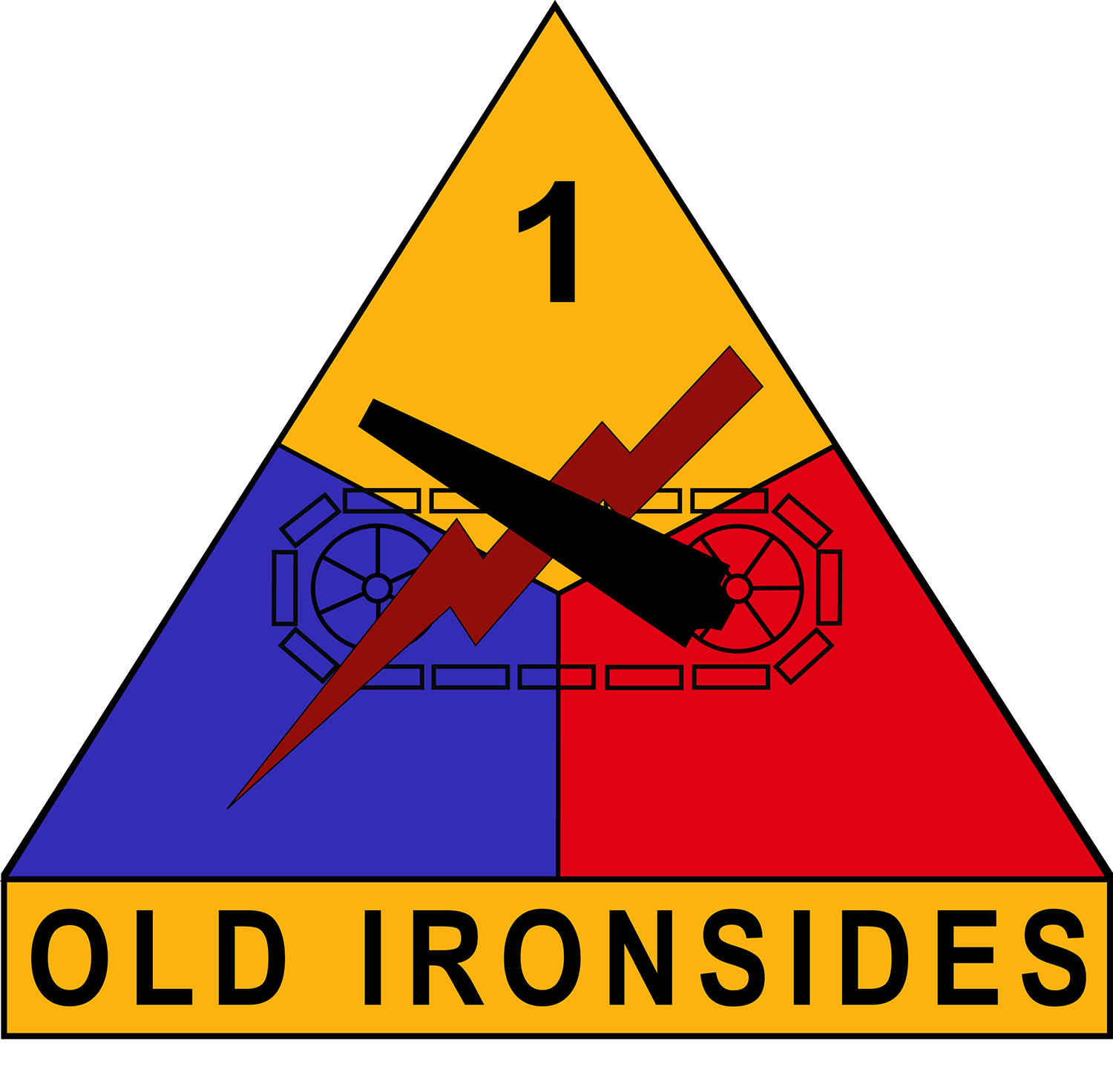
USERRA, Military Service, and Civilian Jobs
By José Medina González, Fort Bliss Legal Assistance Office
The Uniformed Services Employment and Reemployment Rights Act is a federal law that protects the job rights of individuals who leave their civilian jobs to serve in the Armed Forces, including the National Guard and Reserve. Its main purpose is to make sure no one has to choose between their military service and their civilian career.
USERRA applies to both private and public employers and covers service that is either voluntary or involuntary. It guarantees that service members are not unfairly treated in the workplace because of their military obligations. One of the most important protections under USERRA is the right to be reemployed after military duty. That protection does not just mean getting their old job back. It also means being placed in the role they would have had if they had not taken time away for military service. In other words, if they were on track for a raise, a promotion, or better benefits, their employer is expected to honor that when they return. The law is designed to treat the military service as time they were still progressing in their civilian career, not time lost. USERRA also protects seniority-based benefits, including pensions and retirement plans, meaning time away for military service counts toward vesting and benefit accrual.
To qualify for these rights, service members generally need to let their employer know about their military duties ahead of time, in writing or verbally, and the notice can be provided by the service member or an appropriate militahttps://home.army.mil/bliss/%21drafts/1572?ccmCheckoutFirst=1#ry officer. They must also complete their service under honorable conditions and return to work within a set period after finishing their duties. That return window depends on how long they were away. USERRA generally applies if the total length of a person’s military service while with a particular employer does not exceed five years, although there are several exceptions to this limit for training, involuntary service, and some operational missions.
USERRA also makes it illegal for employers to treat someone unfairly because of their military responsibilities. That means they cannot be denied a job, a promotion, or a benefit just because they are in the Reserves, just got back from active duty, or might be called up in the future. These protections apply equally to current service members, veterans, and even those who have not served yet but could be called to do so. In discrimination cases under USERRA, the burden is initially on the service member to show their military service was a motivating factor in the employer’s action. If that is shown, the employer must prove the action would have happened regardless of the military status.
The law also protects the right for healthcare coverage. If called to active duty, the service member can choose to keep their employer-sponsored health insurance for up to 24 months while they are away. Once they are back on the job, the health coverage picks up where it left off without any waiting periods or exclusions, as if they had never left.
USERRA is enforced by the U.S. Department of Labor through its Veterans’ Employment and Training Service, which handles complaints and works to resolve disputes. If a resolution can’t be reached, the case may be sent to the U.S. Department of Justice or the Office of Special Counsel for further action, depending on the situation.
To speak with an attorney in the Fort Bliss Legal Assistance Office on this or any other topic, please schedule an appointment by emailing usarmy.bliss.hqda-otjag.mesg.bliss-legal-assistance-office@army.mil, or calling (915) 568-7141 during LAO business hours.




